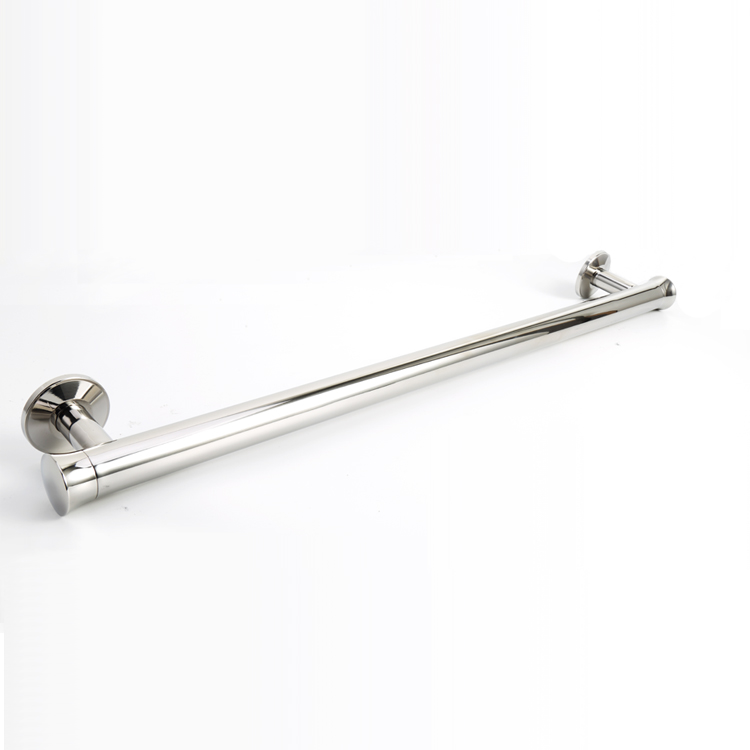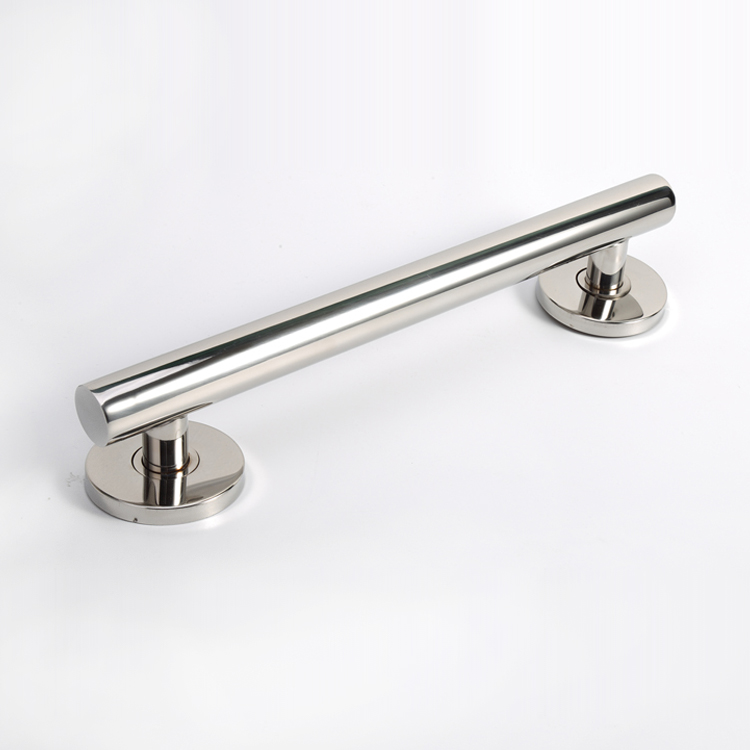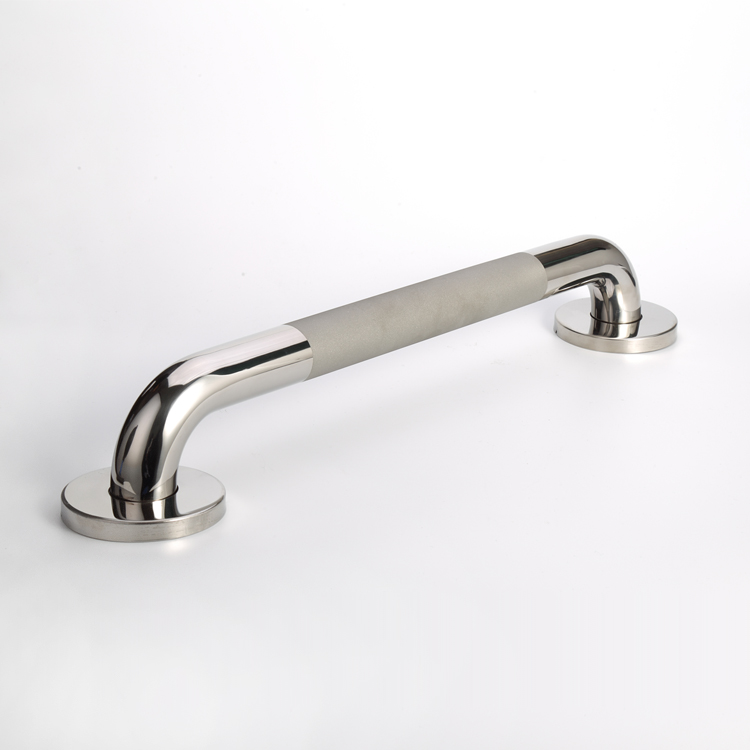Choosing the Best Material for Shower Handrails
When selecting shower handrails for safety and accessibility, the material you choose affects durability, grip, and maintenance. This guide compares common options to help you make the best choice.
Stainless Steel (Most Durable)
Best for: Most bathrooms and commercial spaces
Pros:
Strong and long-lasting (especially 316L surgical grade)
Rust-resistant for wet environments
Easy to clean and disinfect
Supports 250-500 lbs weight capacity
Cons:
Can feel cold to the touch
Shows water spots unless brushed finish
Plastic-Coated (Softest Grip)
Best for: Elderly users and care facilities
Pros:
Comfortable, non-slip surface
Lightweight and affordable
Warmer to touch than metal
Cons:
Less durable than metal options
Weight capacity typically under 200 lbs
Aluminum (Lightweight Alternative)
Best for: Pool areas and coastal homes
Pros:
Naturally corrosion-resistant
Lighter than stainless steel
Cons:
Not as strong (may bend under heavy use)
Titanium (Premium Choice)
Best for: Luxury bathrooms and marine use
Pros:
Stronger and lighter than steel
Completely rust-proof
Cons:
Significantly more expensive
Powder-Coated Steel (Decorative Option)
Best for: Matching bathroom decor
Pros:
Available in various colors
More affordable than stainless
Cons:
Coating may chip over time
Material Selection Guide
Maximum strength: Stainless steel (316L)
Best grip comfort: Plastic-coated
Saltwater environments: Aluminum or titanium
Budget-friendly style: Powder-coated steel
Key Considerations
Always verify weight rating (minimum 250 lbs recommended)
Choose textured surfaces for better grip when wet
Proper installation into wall studs is critical
For most residential and commercial applications, stainless steel offers the best combination of strength, durability and value. Healthcare and senior living facilities may prefer plastic-coated bars for their softer grip.
 Choosing the Best Material for Shower Handrails
Choosing the Best Material for Shower Handrails
 Hospital Bathroom Safety Upgrade with Self-Install YIRUIS Grab Bars
Hospital Bathroom Safety Upgrade with Self-Install YIRUIS Grab Bars
 How to Choose Grab Bars for Elderly Parents?
How to Choose Grab Bars for Elderly Parents?
 The Most Common Grab Bar Finish: A Practical Guide
The Most Common Grab Bar Finish: A Practical Guide

